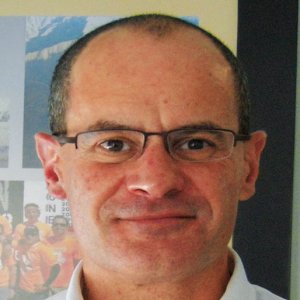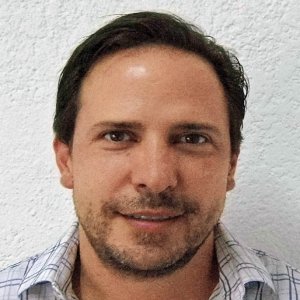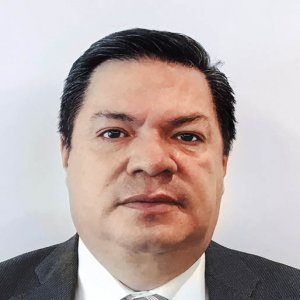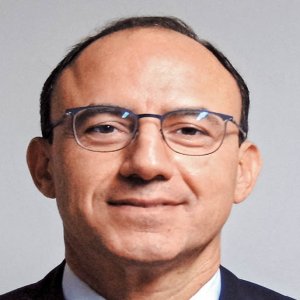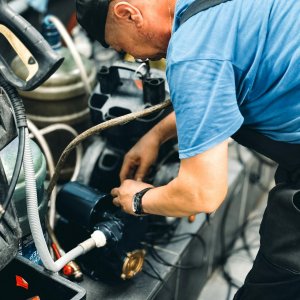Security Is in the Air
STORY INLINE POST
Q: How important is the health sector to VECO’s operations?
A: Traditionally, VECO has been more focused on pharma since we invest heavily in pollution control. Now, we are starting to focus on hospitals, because they should invest more in controlling the environment in both critical and noncritical areas. We have just installed eight QUIROVECO air-filtering units in Mexico City’s Hospital General. With this equipment, the operating room lamp is in the center and has a High Efficiency Particulate Air (HEPA) filter around it, ensuring the air is sterilized above and around the operating table. When it comes to innovation related to air purification, it is necessary to improve the validation processes and standardized operating procedures because air-filter technology has not changed much in the airborne particle-efficiency filtered. The application design, however, evolves along with our clients’ needs, which modify over time. There may be cases in which clients require us to design an entire air-filtration system for a special application and we validate the equipment’s quality.
Q: What steps are followed when a client requests a system?
A: It is a long process. First, the customer sets out the required system and the air efficiency to be achieved according to ISO standards. Then, each component of the system is designed in accordance with the process requested. One of the greatest issues for hospitals is nosocomial infections because hospitals are badly designed and the investment to correct this would be large. A hospital should be designed so that each consulting room has a system that brings in clean air from the corridor and safely removes contaminated air from the consulting room. However, to implement this change in the air system in existing large hospitals would require demolishing the building and starting over.
We are developing systems that mitigate this not only for hospitals but also for home applications. One of the main problems in Mexico, especially in cities such as Monterrey, Toluca, Leon, Silao, Mexico City and Guadalajara, are respiratory infections resulting from the terrible air quality.
Q: What benefits do hospitals receive from VECO systems?
A: An air-quality control system enables the reduction of nosocomial infections caused by air contamination, resulting in cost savings due the reduction of hospitalization time and the use of antibiotics. Our airfiltering technology, coupled with a highly trained staff, can reduce or eliminate the need for antibiotics.
Q: Previously, 60 percent of your business went to the public sector. In which areas is VECO working specifically?
A: The public sector is an important part of our business, especially in research and energy generation. Those working with hazardous substances understand the importance of ensuring they do not breath the virus. The same goes for the construction of laboratories. We also offer services to nuclear laboratories that work in cancer treatment. We manage the air-quality control of these centers, ensuring that radiation does not leak. Finally, VECO works with public-sector institutes that mix medicines.
Q: VECO sells its products worldwide. What is the added value it offers as a Mexican company?
A: Our price/quality ratio is very good and some of our products from 1970 are still in use today. In 2016, we began a process to redesign our equipment to prepare ourselves to go out and look for stronger distributors in the US, Canada and Europe, where investments of this type are most common.
Q: What role do you see VECO playing in health in Mexico? What solutions can improve access to health?
A: We should get more involved in regulatory affairs, bringing the knowledge we have acquired nationally and internationally to generate regulations that force institutions to use adequate air-pollution control systems. The CSG has begun certifying hospitals and has increasingly raised standards, which has enabled some to improve at a manageable pace. The main objective should be standardization at a high-level.
